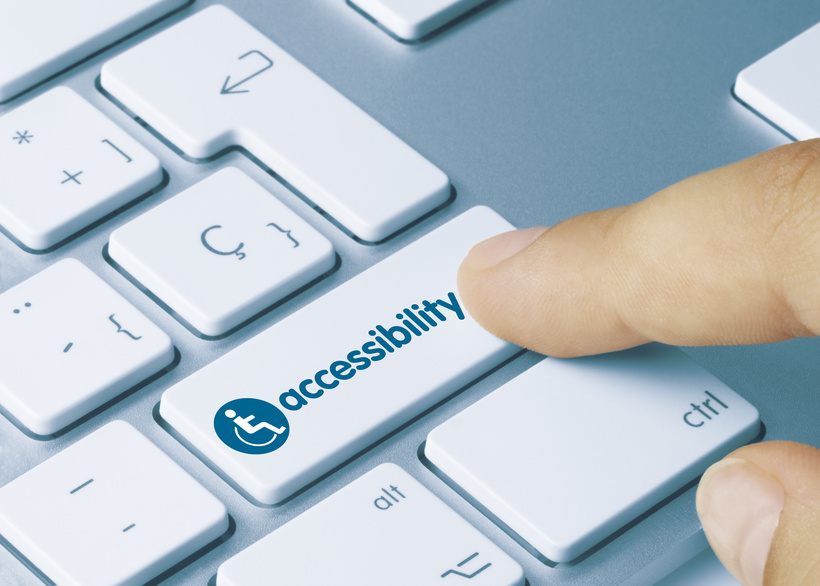There are 13.9 million disabled people in the UK according to leading disability charity, Scope. Over 3.4 million disabled people are in employment at the moment, which is a marked improvement since 2002, but they’re still twice as likely to be unemployed compared to non-disabled people.
So, let’s find out a bit more about accessibility and employment – including some of the facts and what disabled employers and employees may need to know:
The Facts
First of all, let’s look at some of the facts around disability and employment.
- The law says that businesses should not discriminate against anyone because of a disability and they must make ‘reasonable adjustments’ to make sure that they’re not put at a disadvantage compared to non-disabled people in the workplace.
- According to a report by Scope, a 10% rise in the employment rate for disabled adults would add an extra £12bn to the Exchequer by 2030.
- Disabled people are likely to be paid less than non-disabled people (between 1997 and 2014, the pay gap was 13% for men and 7% for women)
- Disabled people are significantly more likely to experience unfair treatment at work than non-disabled people.
What Can a Business Do?
The most commonly reported impairments by disabled people are mobility (52%), stamina, breathing, fatigue (38%) and dexterity (27%).
With mobility as one of the main impairments and around a fifth of disabled people experiencing difficulties in accessing transport to get to work, employers could consider buying or hiring wheelchair-accessible vehicles from Allied Mobility.
Other reasonable adjustments might be giving greater flexibility when it comes to working hours, providing special equipment to get the job done or additional training and mentoring. To gain more confidence in doing so, you could sign up to the government’s Disability Confident scheme. This was set up to support employers in making the most of the talents that disabled people can bring to the workplace.
How Can it Benefit You?
Becoming more inclusive towards disabled people in the workplace can have many benefits for a business, including:
- Access to the widest pool of talent available.
- Improving employee morale by having a diverse mix of employees who are all treated fairly.
- Securing high quality, hard-working and committed staff who are skilled and loyal to the business.
A more accessible and inclusive workplace can benefit both the disabled employee and the employer. When the reasonable adjustments are made, a business can have much greater potential and a greater pool of talent to steer them to success.













